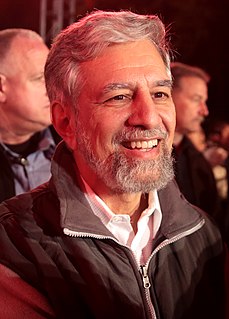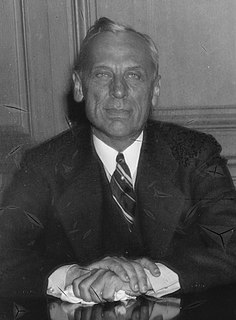A Quote by John Kao
In a large pharmaceutical company, where it's a big bet, you're going to need finance people to be involved in the decision-making because the investment can run into the hundreds of millions of dollars. You're going to have to run scenarios. You might even need agreement from the C.E.O. to make that type of decision. If it's an incremental, low-cost decision in a marketing-oriented company, it may be a very different set of stakeholders a lot further down in the organization.
Quote Topics
Agreement
Because
Bet
Big
Company
Cost
Decision
Decision-Making
Different
Dollars
Down
Even
Finance
Further
Going
Hundreds
Incremental
Investment
Involved
Large
Lot
Low
Low-Cost
Make
Making
Marketing
May
Might
Millions
Millions Of Dollars
Need
Organization
Oriented
People
Pharmaceutical
Run
Scenarios
Set
Stakeholders
Type
Very
Related Quotes
When you're working on a game that has a budget of tens of millions of dollars and you have to sell millions and millions and millions of copies to break even, you have a lot more layers between you and the audience. You have a marketing department, and there's a different marketing department for every continent, and the parent company has stockholders, and all that kind of stuff.
As a result of the Citizens United Supreme Court decision, American democracy is being undermined by the ability of the Koch brothers and other billionaire families. These wealthy contributors can literally buy politicians and elections by spending hundreds of millions of dollars in support of the candidates of their choice. We need to overturn Citizens United and move toward public funding of elections so that all candidates can run for office without being beholden to the wealthy and powerful.
Activist Supreme Courts are not new. The Dred Scott decision in 1856, imposing slavery in free territories; the Plessy decision in 1896, imposing segregation on a private railroad company; the Korematsu decision in 1944, upholding Franklin Roosevelt’s internment of American citizens, mostly Japanese Americans; and the Roe decision in 1973, imposing abortion on the entire nation; are examples of the consequences of activist Courts and justices.



































